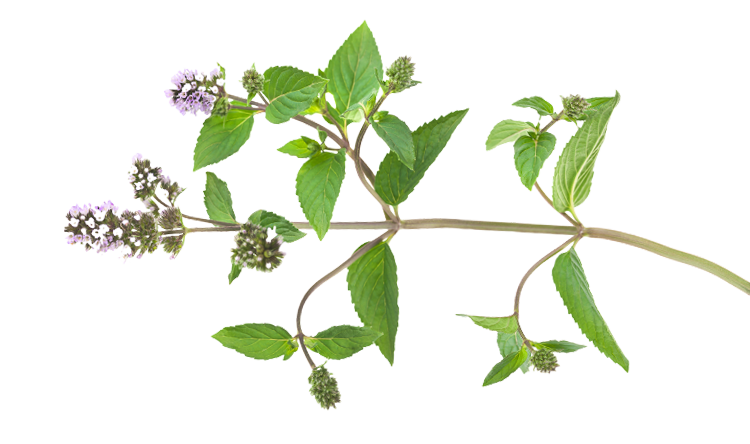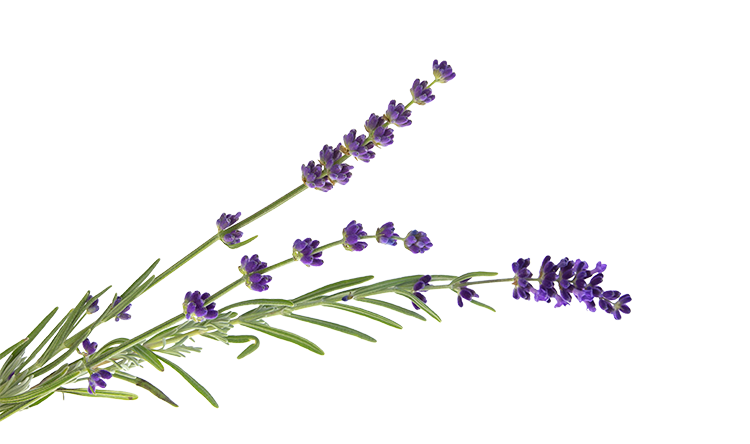AN EXCELLENT ARTICLE FROM SMART HOLISTICS
Here in the UK few people can have missed the bright yellow fields each spring of rape in full flower. Or its pungent smell, which seems to mark the beginning of the Hayfever season, although this is a topic for another day.
Rape is a member of the brassica family, which also includes many of the traditional winter greens – cabbage, cauliflower, brussel sprouts, kale, and broccoli – as well as the mustards. Since the 1970’s it has become an increasingly popular crop both here in the UK and Europe as well as in America, Canada, Australia, and India. It has many different uses with the most common being animal feed, biodiesel, and vegetable oil.
Rapeseed oil has traditionally been used in many countries, usually cold as a dressing and only in small amounts. There’s a very good reason for this which we’ll talk about in a moment.
In recent years rapeseed oil has been marketed as a healthy vegetable oil and is often suggested as a good alternative to olive oil. The benefits you most often see referred to are:
High levels of Vitamin E.
Rich in omega oils 3, 6 and 9.
Lower in saturated fat and higher in monounsaturated fat than olive oil. (However, it doesn’t contain the polyphenols found in olive oil which are important antioxidants and so protect the body against damage caused by free radicals).
A high smoke point which means it can be used to cook at high temperatures.
Sometimes you will also see it being referred to as “cold pressed”, meaning that the oil is extracted without the use of heat or chemicals to help increase the amount of oil produced.
While this all sounds great, mention is rarely made of the very toxic substance rapeseed oil also contains. Eruric acid. Not only does it irritate mucous membranes, but damages the myelin sheath around nerves and interferes with the use of Vitamin E by the body. This led to it being banned by the FDA in 1956 and the development of new strains of rape in the mid 1970’s with lower levels of eruric acid.
And, as an aside, do you know why much of the rapeseed oil produced in North America is called Canola oil?
Canola is a combination of “Can” from “Canada” and “ola” as in oil referring to rapeseed with lower levels of erucic acid originally bred in Canada. It’s also a clever piece of marketing, distancing the new rapeseed oil from the original one with its well-known health problems.
While it was thought that the new forms of rape with their lower levels of erucic acid would not have the same health problems, unfortunately, this has not been the case. In addition to the concerns already mentioned above, the new strains have been linked to the weakening of blood vessels and cardiovascular disease; as well as to the development of amyloid plaques in the brain and Alzheimer’s Disease. More generally they have also been linked to Cancer, Diabetes, and Obesity.
Added to this, much of the rape now grown worldwide is GMO – genetically modified – although not currently here in the UK, which raises many other issues. And we’ll leave that topic for another day (!). However, regardless of the strain grown, rape is another intensively produced crop reliant on the use of pesticides and weedkillers to maximise yields leading to concerns about its environmental impact as well as the quality of the end result.
And, finally, the cheaper forms of rapeseed oil found on supermarket shelves won’t be cold pressed; but a highly refined oil produced in a factory that relies on heat and chemicals to maximise its yield. In this process, harmful transfats are also created which have also been linked to many health problems, particularly cardiovascular disease.
Before we go there’s one other issue we’d like to flag up if you buy prepared foods. This is that rapeseed oil often doesn’t appear on the label of ingredients but is hidden under the more generic term of “vegetable oil”. As “vegetable oil” is used to cover a variety of different oils including peanut, sesame, sunflower, and rapeseed this is an important one to be aware of, particularly for those with nut allergies.
We appreciate that this different take on an oil that many thought of as “safe” and “healthy” is going to come as a surprise to many people. Like soy, it’s yet another example of how a half-truth can be used to paint a rather misleading picture of a product and its health benefits. The reason we flag them up is to remind you of the need to always do a little research of your own rather than accepting the latest hype as true. Or put another way, caveat emptor, buyer beware.
As always the choice is yours.
Linda Anousta


